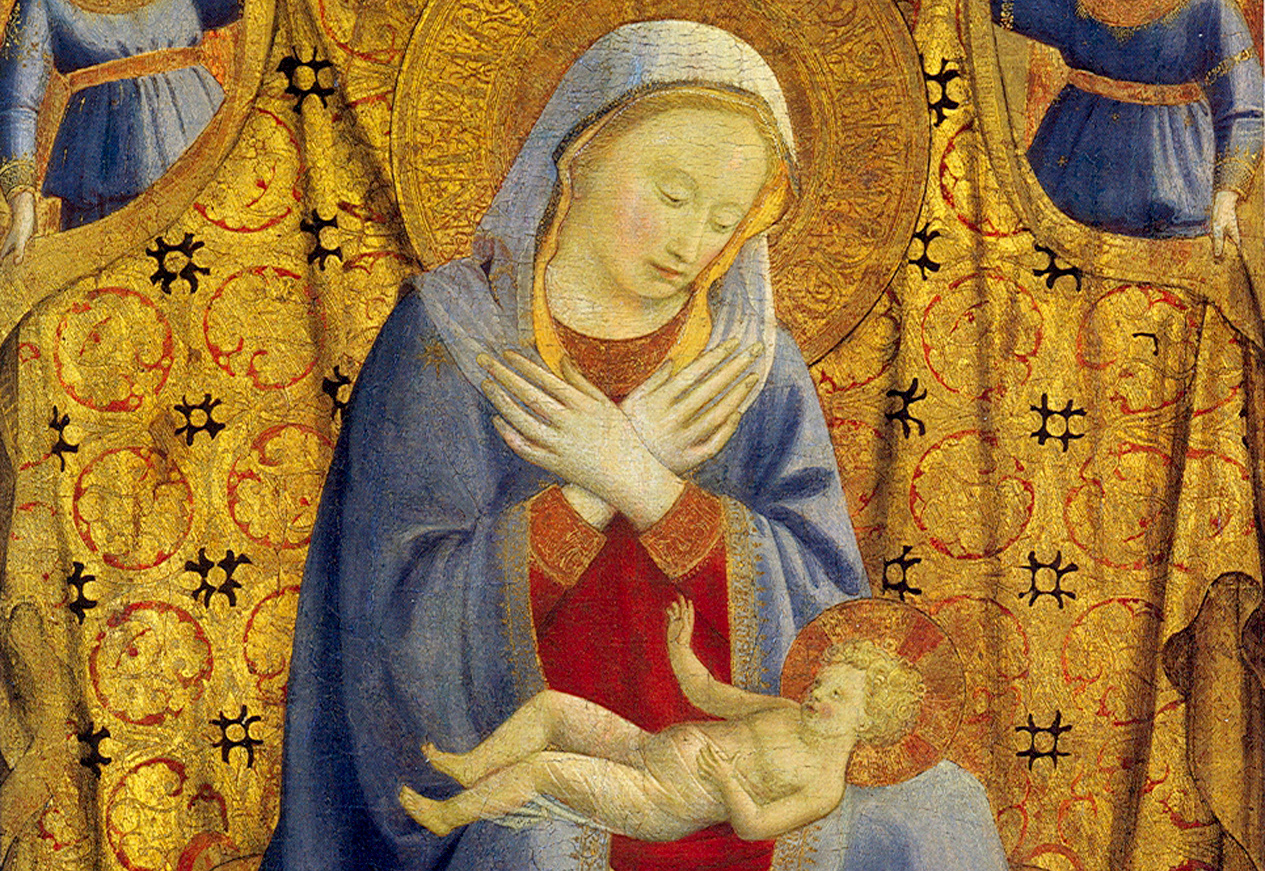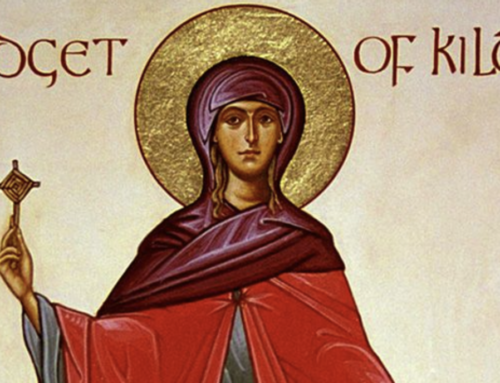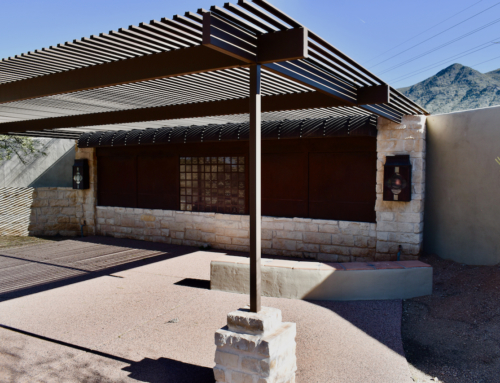Fra Angelico, Madonna of Humility, c. 1430 National Gallery of Art
God with us, from within and without
The Christian religion teaches that every human person is in immediate contact with God. St. Paul says in his Epistle to the Romans: “From Him, through Him, and to Him are all things” (Rom. 11:36). The world in which we live cannot exist even for a moment unless God sustains it in being. That is what some theologians in the history of the Church – for example, St. Maximus the Confessor – have said was meant when the Apostle says that all things are “through” God. Just as a musician keeps the music in being by continually performing it, or just as the fire beneath a pot keeps the food warm, in the same way also God sustains this whole creation and every human being in existence. And so, simply in virtue of the fact that we exist, we are before God, because we cannot exist without Him.
This world exists because of God. It could not exist apart from Him. In the same way, we feel ourselves to be alive. Everyone loves the feeling of being alive, and we are constantly searching for something that will give us the feeling of being fully alive. But what is our life, if it is not also a gift from “the living God” (Ps. 42:2; 1 Tim. 4:10)? God is living. That is why He can make us to be alive. He has life within Himself, so that He shares it with us. The difference between human beings and rocks is that we are alive. But if God were simply a big “rock” on which everything stood, then how could life ever arise? Only the living can make alive. And of course, we find ourselves alive without having chosen it and without being able to guarantee for ourselves even one more moment of life. This means that our life is a constant gift from the living God, and it is in the very fact of feeling alive that we are in “touch” with God.
For as long as we are alive, for as long as we can feel ourselves to be alive, we are in the presence of God. And we become even more aware of this presence when we find our conscience putting all kinds of questions before us. What are we doing with this life that we are constantly receiving? How are we supposed to spend it? Who gave it to us? Why do we have it? Will it ever be taken away definitively? These questions and more arise within our minds. They bring to light the fact that our life is not only a gift, which we receive without having asked for it, but it is also a responsibility and a calling. We are supposed to do something with it – even if we may not be sure exactly what. And we can oftentimes get the sense that we are failing to do what we should with our lives. This means that our constantly being in the presence of God through the very fact of our being alive can be a source of dread and anxiety, especially if our conscience bothers us.
Christmas is the celebration of the Incarnation of the Son of God. John the Evangelist begins his Gospel with the wonderful retelling of the birth of the Word of God. This Word, who was with God and who was God (v. 1), who was in the beginning with God (v. 2), through whom all things were created (v. 3), in whom is the very life which makes us to be alive and is like the light which makes it possible for us to see anything (v. 4) — this very Word became flesh and dwelt among us (v. 14). The very same God with whom we are all confronted in the privacy of our own interior life, with all our questions and troubles and anxieties, also and simultaneously appears in the world! When Isaiah prophesied that the child would be named “Immanuel,” which means “God-With-Us,” he seems to have really meant it! One of the most wondrous and miraculous aspects of the celebration of Christmas is precisely this: that the very God in whose presence we always stand in the innermost secret of our conscience also appears outside of us in this man, Jesus of Nazareth, who preaches peace to us and teaches us that God loves us, that He considers us His own children, and that He has sent His only Son into the world for the sake of our salvation.
This Christmas, let us make a habit of resting in the presence of God and thanking Him: for our life, which we are constantly receiving from Him in every moment for as long as we are alive; and for sending His Son into the world to make the Father known to us (Matt. 11:27; John 1:18), to die for us, to save us from our sins, and to share His life with us forever.






